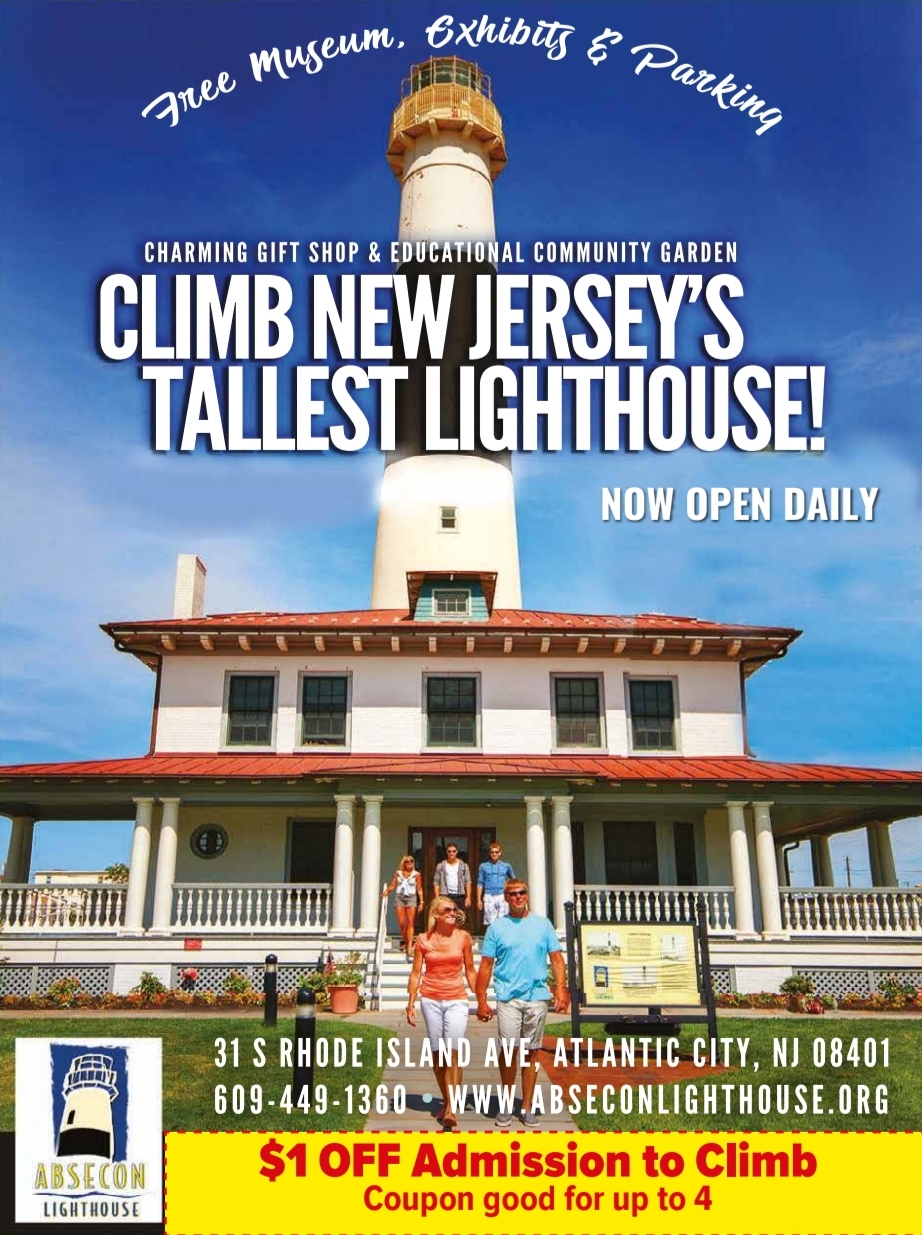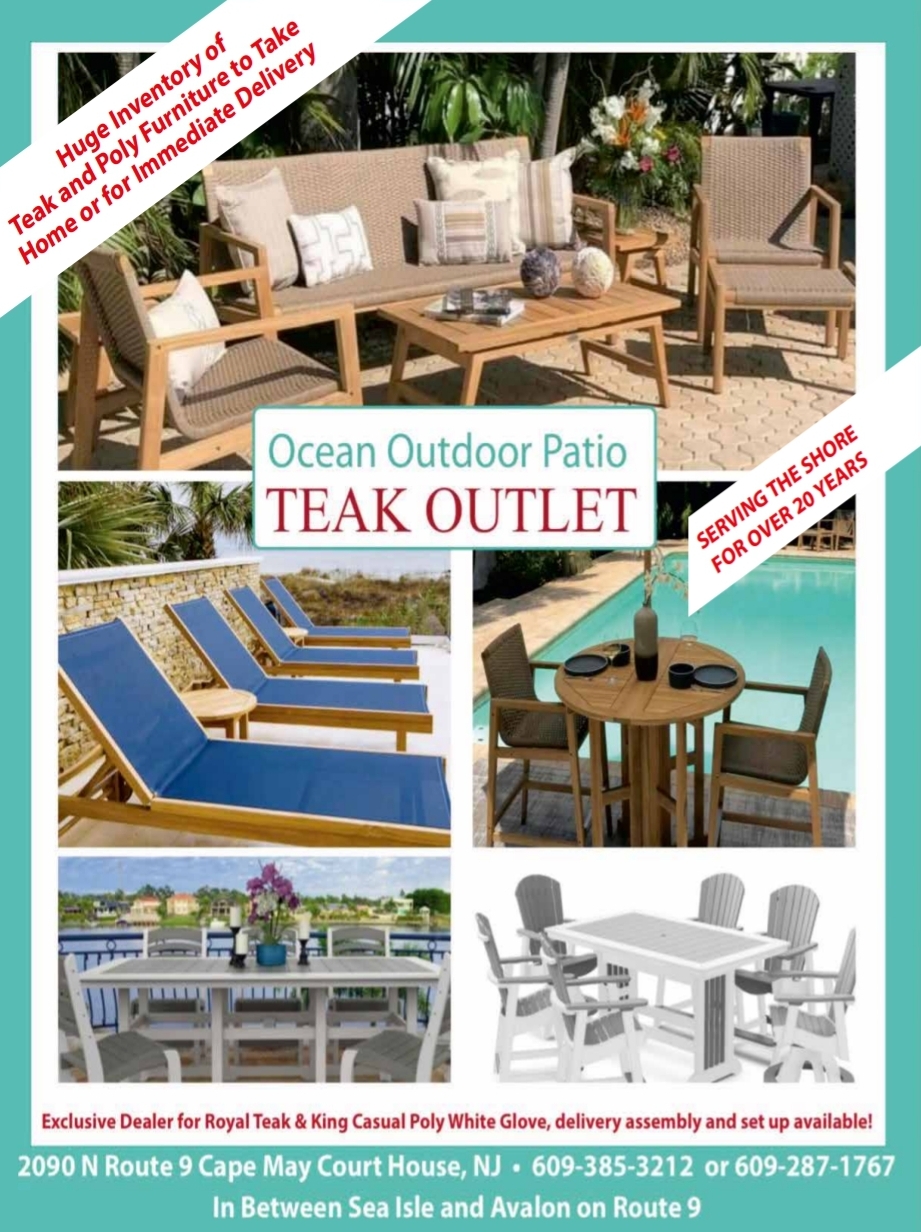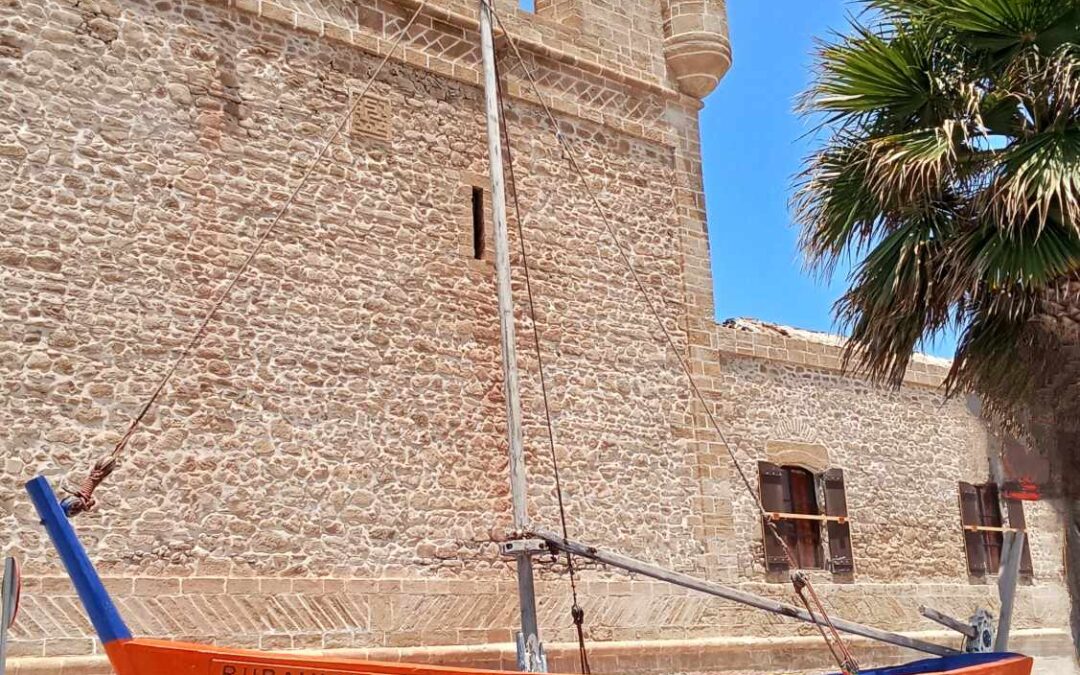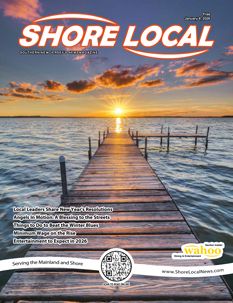Everyone wants to be remembered for their greatest achievements. Chris Gilmore, who died 20 years ago, will always be known as one of Margate City’s most talented and enigmatic residents.
In addition to being an experienced waterman and world traveler, Gilmore authored several novels and short stories set in South Jersey. His most popular work, Atlantic City Proof, was published by Simon & Schuster in 1978. The period piece, set in Prohibition-era Atlantic City, tells the story of a young Margate boy who becomes the most successful rumrunner on Absecon Island. The action-packed novel follows the hero, Garvey, as he outruns the Coast Guard, battles Chicago gangsters and falls in love with an Atlantic City girl. It became a BBC Radio series and remains one of Gilmore’s most celebrated accomplishments.
But there is another achievement, less known but dear to my heart. In the coastal city of Essaouira, Morocco, where Gilmore spent more than 25 winters, he built a wooden sailboat by hand and named it Rubáiyát. I was fortunate to spend three winters with Chris working on that boat. Just this year, the town of Essaouira designated Rubáiyát as a permanent cultural landmark.
When I was a kid living in California, I spent every summer with my grandparents in Margate. Summer there was a dream, filled with beach days and wave riding on my denim raft. I was always fascinated by the Hobie Cats sailing offshore, especially Chris—with his big smile, long hair and dark sunglasses. Unlike most sailors who avoided the waves, Chris waited beyond the breakers for the perfect set, often flying across the surf on one hull before pulling off a spectacular beach landing. He was the king of the beach.
Chris had graduated from Atlantic City High School with my mother, so he always paid special attention to my brothers and me. Between sails, he would stop by to share incredible stories of faraway places. I remember lying in the sand, building toy boats out of clamshells and reeds, imagining I was sailing the Nile with Chris, rescuing princesses and outwitting Ali Baba’s thieves.
As I got older, our friendship deepened. Chris gave me rides on his Hobie, taught me how it worked, and even lent me my first surfboard. We were both disappointed when I finished high school and my summers in Margate came to an end.
During college, I worked year-round on the schooner Invader in San Diego. After graduation, I took a job in Silicon Valley, but I still made time to visit my grandparents for a few weeks each summer. On one of those trips, I ran into Chris, and we went sailing together like old times. After an hour in the waves, we landed the boat and walked up the beach.
“Have a seat, Ronny,” he said. “Are you still surfing?”
“For sure,” I replied. “Nothing I love more. These days I surf in Santa Cruz.”
“I’ve been to Santa Cruz—nice point breaks,” he said, then added with a grin, “but the ocean is freezing.”
“That’s true.”
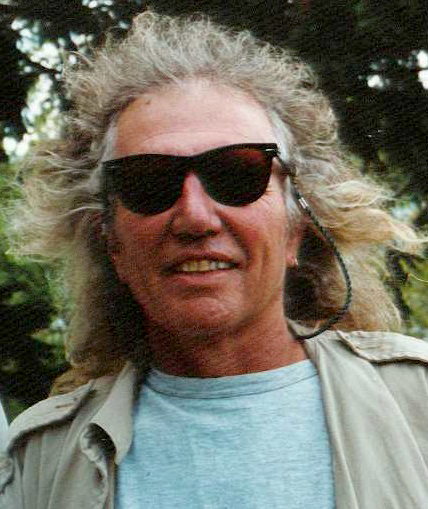
“We both love the ocean,” he said, pausing. “But I only like it above 70 degrees.”
We both laughed. Then he turned serious.
“I remember when you were a kid,” he said. “You were out here every day on Quincy Avenue Beach.”
“Yeah, man. Those were the days.”
As the wind picked up, Chris asked if I’d help take down the sail and pull the boat in. After we parked it near the bulkhead, I offered to carry the sail back to his house. Once there, I set it on the rack in his garage. He thanked me, then looked me in the eye and said:
“One day, when you have the time, come spend another summer in Margate. Let me ask you—how many summers do you get? How many does anybody get? The answer is not a lot, and not enough. Our glorious summer days are rare and numbered—priceless. Every one of them, a precious gem.”
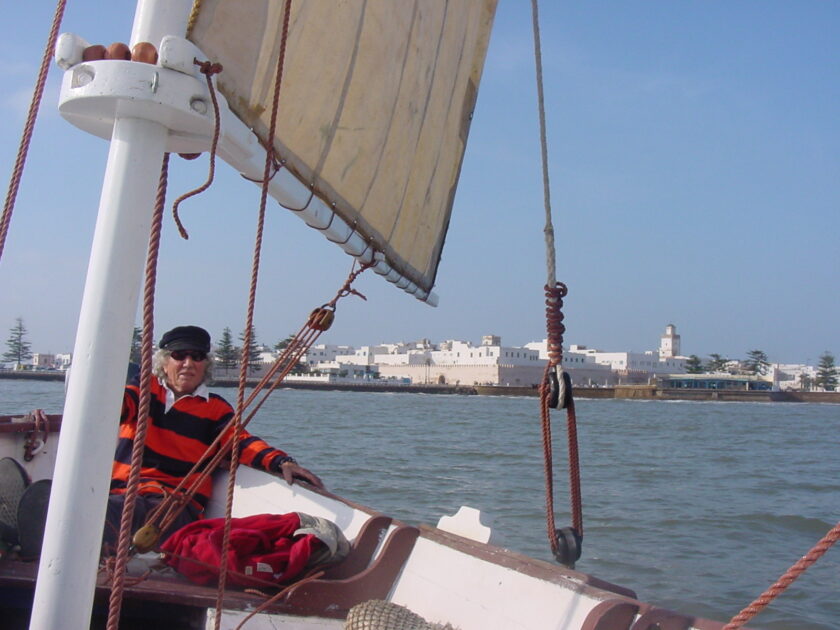
His words stayed with me. I thought about how he spent his winters chasing adventure in distant lands. I wanted another summer like that. I wanted to explore the world, to live fully.
So in 2000, I quit my job, sold everything I owned, and returned to Quincy Avenue Beach. That summer, we sailed, surfed, swam, and soaked up the sun every day. By August, I was his first mate, and he invited me to Morocco to help build his handmade sloop, Rubáiyát.
The rest is part of the legacy Chris left behind—one of adventure, friendship and the rarest kind of freedom.
Tune in next week for more about the extraordinary life of Chris Gilmore.
